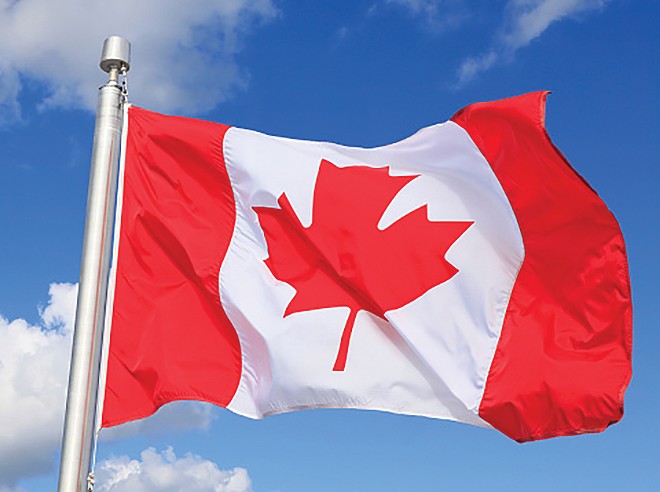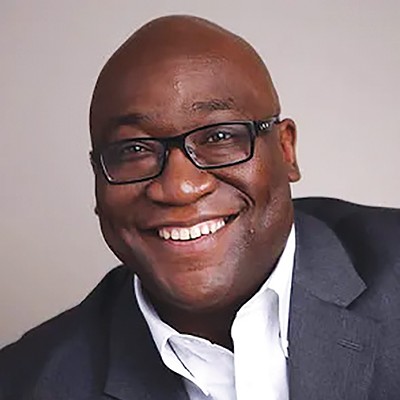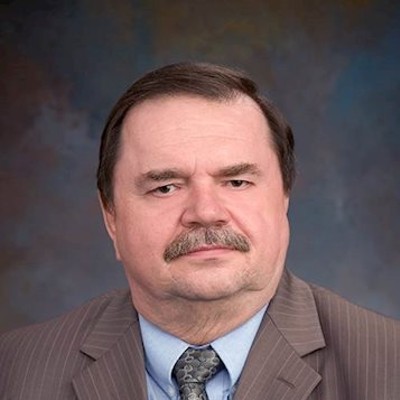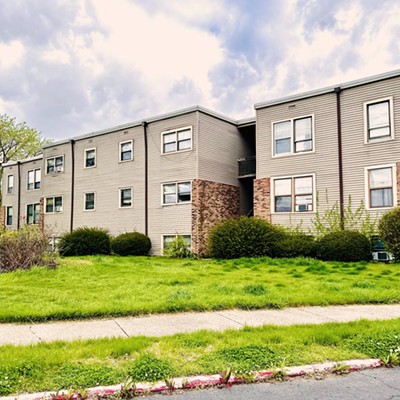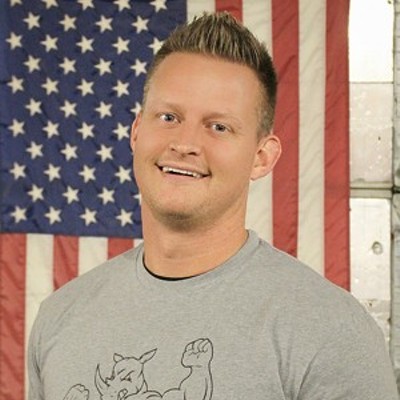Last week, I flew a Canadian flag.
I had meant to do this when George W. Bush got reelected. But I finally affixed the maple leaf banner to my front porch the day after pretend patriots stormed the Capitol.
It was a low point long in the making. Forget Donald Trump. He's symptom or opportunist or catalyst – a fuse lighter, maybe, but not the bomb, a demagogue enabled by an astounding number of House members and senators who supported overturning settled election results.
This sort of thing does not happen overnight.
Aside from the Iraq War, it's hard to think of anything big that we've accomplished during the past 20 years. Income stratification worsens while health care costs soar. Our highest court has bestowed corporations and unions with free speech rights, as if they were people. India has checked coronavirus, according to the Wall Street Journal, because everyone wears masks instead of arguing about it.
Since World War II, Italy has changed governments at least 68 times, and Rome these days isn't burning like Washington. Maybe we'd be better off going the Italian, or Canadian, route by replacing the House, Senate and presidency with a parliamentary form of government.
There would be no presidential elections. Rather than vote for a person, we'd pick a party. Instead of two parties, we could have three, maybe five, with legislative seats awarded based on percentage of votes received. Instead of Trump taking over the GOP, folks who favor his views on immigration and civil rights could have formed their own party.
George Wallace got 14 percent of the vote in 1968 as an American Independent Party candidate. If it had been a parliamentary election, 86 percent of Congress would've been loyal to someone else, which now doesn't sound like such a bad deal. Conversely, those attuned to the late John Lewis could have gone their own way instead of waiting for Democrats or Republicans to find room in supposedly big tents.
Since the Civil War, eight presidential candidates have gotten at least six percent of the vote without being Democrats or Republicans. With 19 percent of the vote, Ross Perot handed the presidency to Bill Clinton in 1992, despite the typical Perot supporter not being keen on Clinton.
What if voters who supported the likes of Theodore Roosevelt or Eugene Debs or John Anderson were rewarded with seats in Congress, where the two major parties might then engage with less-sharp elbows, given need for compromise and alliances. What if the Democratic and Republican parties were wed to philosophies and platforms instead of candidates? From Andrew Jackson to John McCain to Bernie Sanders to Trump, American politics have long nurtured mavericks, and that's not always good in our brand of politics.
Imagine England fighting World War II with Chamberlain in charge: Why should we wait four years to ditch failed leaders? Why must politicians who don't fit molds either be chained together in the same party or not hold office at all? Ten members of Congress have switched parties since 1999; during the same time period, more than 100 members of the British House of Commons have switched allegiances, often after being booted from parties for insufficient loyalty, with Queen Elizabeth none the worse for wear.
Biden will name Trump the White House press secretary before we start calling Dick Durbin an MP. But it's the sort of hypothetical that can captivate political scientists.
"We just have very weak parties that can be influenced by very small interests," says Petia Kostadinova, a University of Illinois Chicago political scientist. "I think parliamentary systems are more flexible. Personally, I would like to see it."
Parliaments aren't panaceas. It's not a lock that the Vietnam War would've ended sooner or Dreamers would have resolution if we had a parliament. In the realm of what-if's, Kostadinova says that a parliamentary system might do best with a weakened Senate – she isn't aware of a parliamentary government with two equally powerful legislative chambers, and she notes that seats in the House, unlike the Senate, are assigned according to population. If we're a shining city on a hill, why haven't other nations followed our example, and never mind Nebraska, which switched to a single legislative chamber in 1935. Electoral colleges haven't caught on, either.
The Constitution isn't static. Until 1913, state legislatures, not voters, picked senators. But governments don't get overhauled absent existential upheaval. Like Kostadinova, Chris Mooney, another University of Illinois Chicago political scientist, doesn't see a parliament in our future. He likened events of last week to a stress test of the status quo.
"So far, it seems to be working out," Mooney says. "We'll have to wait and see."

